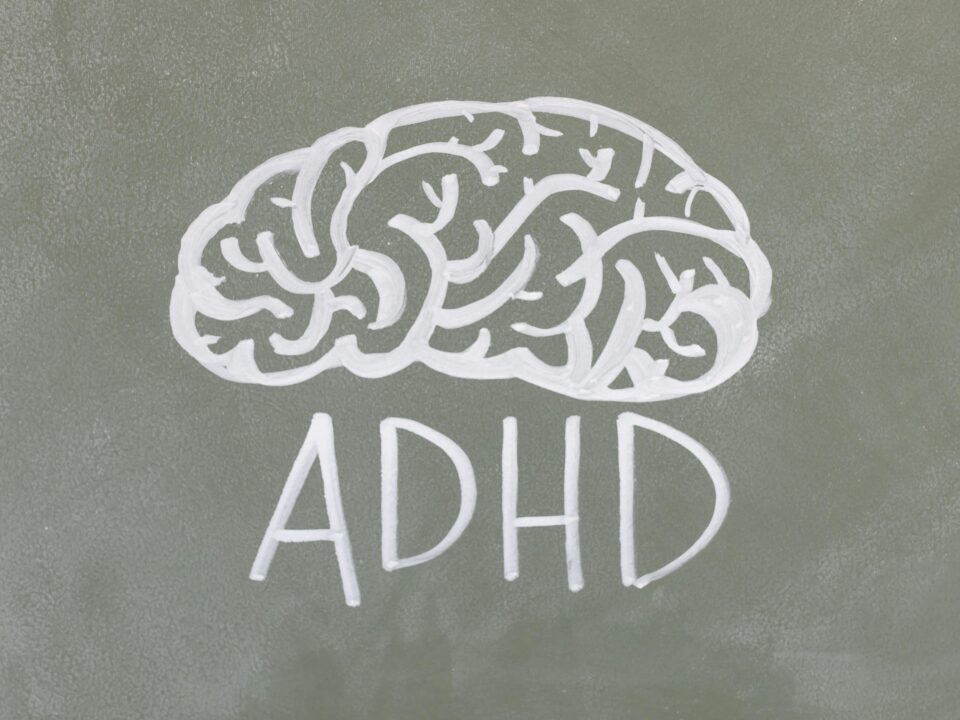What is the Difference Between Dyscalculia and Dyslexia

Featured Image by Alexander Grey, Pexels
Dyscalculia and dyslexia are specific learning difficulties, affecting reading/writing (dyslexia) or mathematics (dyscalculia). About 5% and 10% of the UK population have dyscalculia and dyslexia (respectively). This article will discuss the main similarities, differences and comorbidity. There will also be links to dyscalculia and dyslexia quizzes if you are questioning if you could have these traits.
What Are the Main Differences Between Dyslexia and Dyscalculia?
There are some main differences between dyslexia and dyscalculia, as indicated within the introduction, that will be outlined below:
- Dyslexia affects reading/writing whereas dyscalculia affects mathematics
- People with dyslexia could experience difficulties with time, in the context of time management. In contrast, people with dyscalculia could experience difficulties with time, in relation to difficulties with reading analogue clocks and keeping track of time.
- Dyslexia is more common (10%) in the UK population than dyscalculia (5%)
- The ‘good jobs’ for people with dyslexia are different from those for people with dyscalculia. This is due to different strengths associated with each difference.
Are There Any Similarities Between Dyslexia and Dyscalculia?
There are also similarities between dyslexia and dyscalculia which are outlined below:
- In the UK population, there are people with dyslexia and there are people with dyscalculia (albeit the statistics of prevalence are different for each difference)
- Dyslexia and dyscalculia are both referred to as ‘brain-based differences’
- More specifically, dyslexia and dyscalculia are both types of specific learning difficulties (albeit both lead to different difficulties)
- People with dyslexia and people with dyscalculia could both experience difficulties with time (albeit time difficulties are due to different reasons)
- People with dyslexia and people with dyscalculia both have strengths, potentially overlapping in creativity

Featured Image by Pixabay, Pexels
Is Dyscalculia a Form of Dyslexia?
No, dyscalculia is not a form of dyslexia. There is some overlap between dyscalculia and dyslexia. However, dyscalculia and dyslexia are not the same diagnosis and they are not types of the other diagnosis.
Can You Have Dyslexia and Dyscalculia Together?
Yes, some people do have dyslexia and dyscalculia together. In fact, statistics show this comorbidity is common, with 40% of people with dyslexia also having dyscalculia. Although dyscalculia has been less researched, this statistic is supported by the Dyslexia Association. In particular, the Dyslexia Association has highlighted that people with dyscalculia also often have other differences, such as dyslexia. According to the Dyslexia Association, this could be due to sharing working memory but further research is necessary to fully account for the co-occurrence.
Tests: Do I Have Traits of Dyscalculia / Dyslexia?
In case you have read this article and the signs of dyscalculia and dyslexia and wondered if you could potentially have traits of dyscalculia and/or dyslexia, fear not! At Exceptional Individuals, we have both a dyscalculia test for adults and dyslexia test you can take to see if these could, indeed, be traits of dyscalculia or dyslexia.
Disclaimer: Please only use these quizzes as indicators. The questions on these pre-diagnostic assessments are designed to stimulate a starting point in whether or not you would be interested in official diagnostic assessments for dyscalculia and/or dyslexia and not diagnoses.
Useful Links:
What is dyscalculia?
How to manage dyscalculia in the workplace
Types of dyslexia
Dyslexia support




